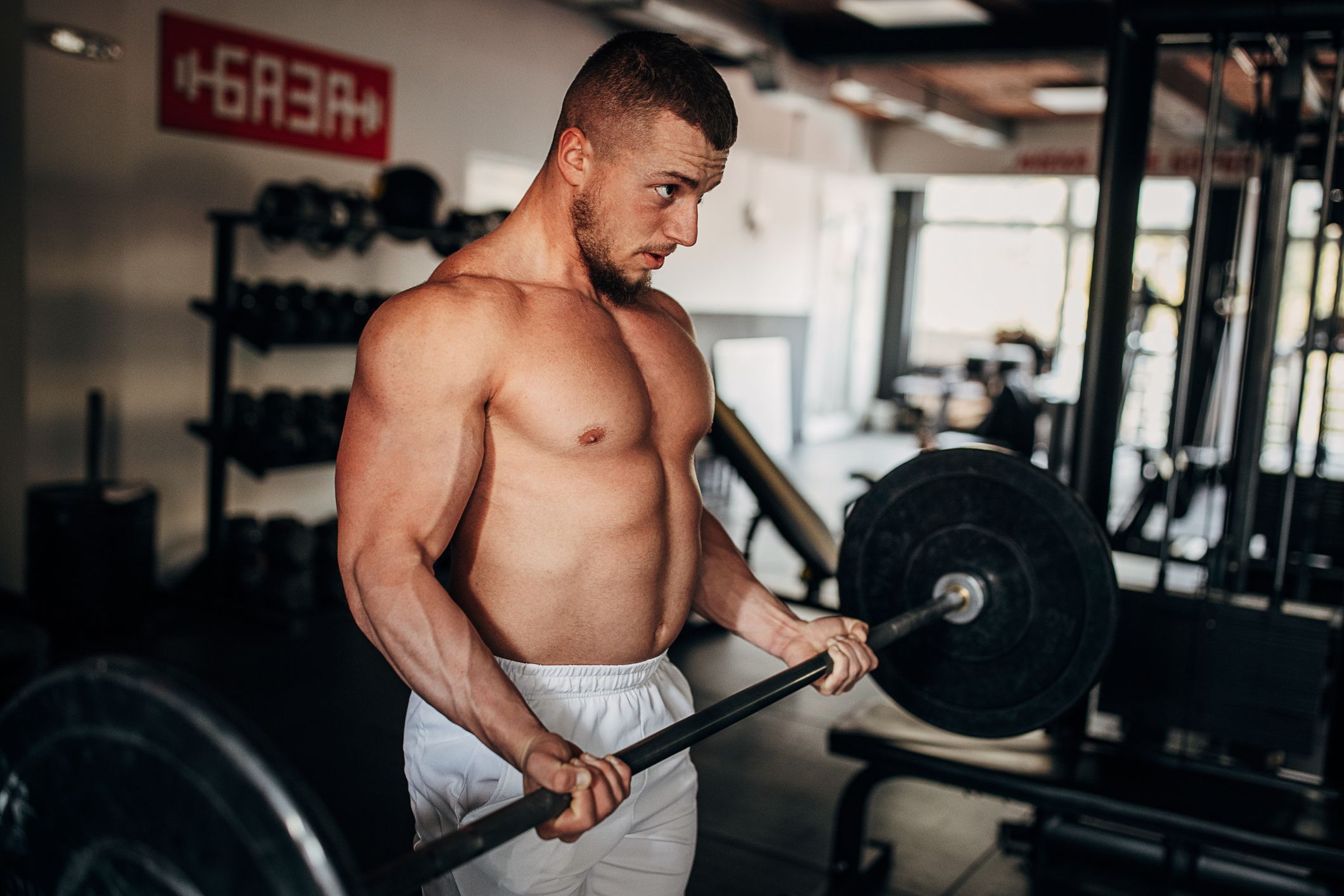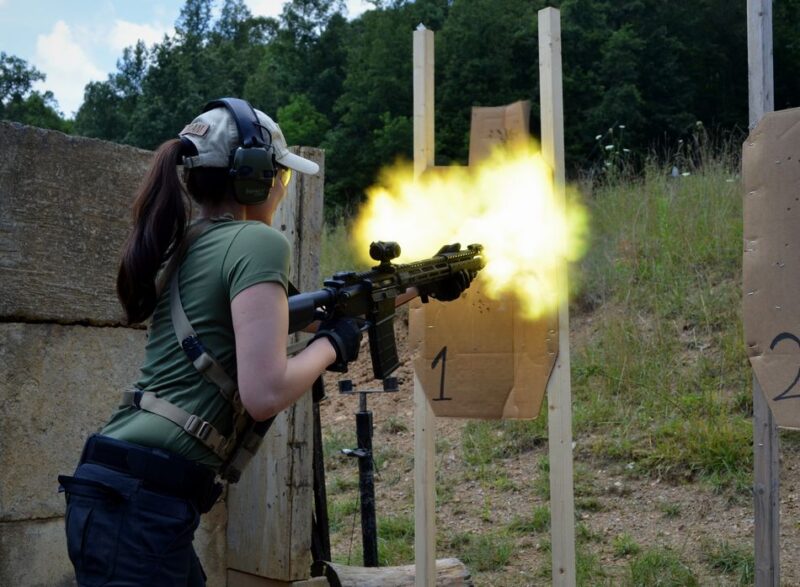In the high-stakes world of executive protection, where every moment can hold life-altering consequences, physical fitness is not merely a suggestion; it is an absolute necessity. The nature of this field demands a level of readiness that transcends typical job requirements.
Executives are often targeted due to their influence, leading to potential threats that can arise unexpectedly, from both individuals and groups. Agents must be able to respond swiftly and effectively, relying on their physical prowess to maintain the safety and security of those they protect.
However, the implications of fitness extend beyond just defense; they influence decision-making, endurance, and overall situational awareness. This intersection of physical capability and mental acuity creates a compelling case for why maintaining peak physical condition is non-negotiable in executive protection roles.
As we delve deeper into this essential aspect of security work, we will explore the multifaceted benefits of fitness and its critical role in ensuring mission success amidst the dynamic challenges executive protection professionals face daily.
Physical Fitness: The Foundation of Personal Safety

Physical fitness is not merely an accessory but rather the cornerstone upon which personal safety is built, especially in the high-stakes realm of executive protection. To navigate the myriad challenges faced in this demanding field—be it potential physical confrontations, emergency evacuations, or the endurance required during long hours of vigilance—an individual’s physical conditioning can make the crucial difference between success and failure.
Imagine a scenario where quick reflexes and nimble movements are necessary to shield a principal from an unforeseen threat; it is in these moments that rigorous training pays off, empowering operatives to respond instinctively and effectively. Beyond sheer strength, fitness encompasses agility, stamina, and mental resilience, all of which are indispensable tools in a protectors arsenal.
As such, a commitment to physical well-being is not just advisable; it’s an absolute imperative for those entrusted with safeguarding others.
Fitness Training: Essential Skills for Executive Protection Professionals

Fitness training is not merely an add-on for executive protection professionals—its an absolute cornerstone of their effectiveness. The fast-paced and unpredictable nature of their work demands a physique that can adapt, endure, and respond with precision.
These individuals must cultivate a blend of strength, agility, and endurance; the ability to sprint across a busy street one moment and lift a fellow team member to safety the next. This duality of physical prowess ensures they can navigate the myriad challenges that accompany protecting high-profile clients.
Furthermore, fitness is a mental game as much as a physical one; it sharpens focus, enhances decision-making in high-pressure environments, and fosters the resilience needed to confront unforeseen threats. Thus, the commitment to rigorous training is not just advisable—its essential for those charged with safeguarding lives in an ever-evolving landscape of risks.
Long-Term Career Sustainability: The Role of Physical Fitness

Long-term career sustainability in executive protection hinges significantly on maintaining physical fitness, a cornerstone of effective performance in high-stakes environments. A physically fit operative not only exhibits enhanced stamina and agility but also develops the mental resilience required to navigate unpredictable and often perilous situations.
This demands a commitment to rigorous training regimens, which, while challenging, yield dividends in both personal health and professional reliability. When situations escalate, a well-conditioned body responds instinctively, minimizing reaction times and maximizing situational awareness, which can be the difference between safety and danger.
Moreover, the dedication to fitness fosters a mindset of discipline and perseverance, qualities that resonate profoundly within the demanding landscape of executive protection. Consequently, prioritizing physical fitness is not just about immediate performance; it ensures that one remains capable and competitive over the long haul, adapting to the evolving demands of the role and ensuring a thriving career amidst ever-changing scenarios.
Conclusion
In conclusion, physical fitness is undeniably a cornerstone of effective executive protection, serving as both a foundation for personal well-being and a critical factor in ensuring client safety. The demanding nature of protective services requires professionals to maintain peak physical condition, enabling them to respond swiftly and appropriately to any threats.
Institutions like Pacific West Academy recognize the importance of this aspect of training, equipping aspiring security personnel with the necessary skills and fitness levels to excel in high-stakes environments. Ultimately, prioritizing physical fitness not only enhances an executive protectors performance but also builds the trust and confidence essential for sustaining successful client relationships in an increasingly complex world.


